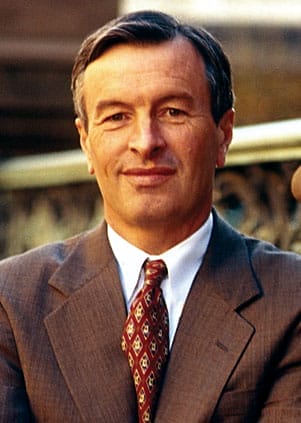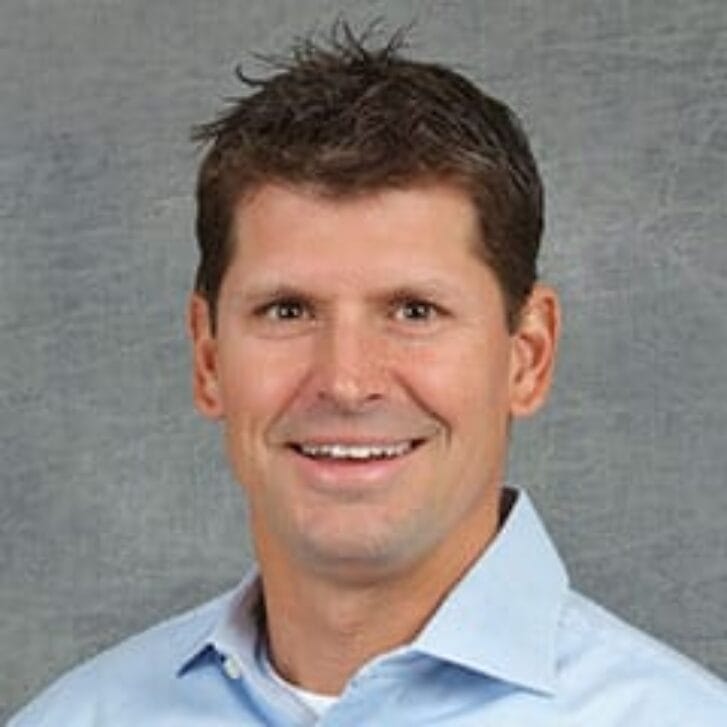 The only way to stay ahead when you’re running a 100-year-old company that’s already done great things, UPS CEO and chairman Mike Eskew believes, is to be “constructively dissatisfied.”
The only way to stay ahead when you’re running a 100-year-old company that’s already done great things, UPS CEO and chairman Mike Eskew believes, is to be “constructively dissatisfied.”
Like his eight predecessors, Eskew, a 1993 graduate of Wharton’s Advanced Management Program, came up through the ranks at UPS, starting as an industrial engineer in his home state of Indiana. And since he took charge of the world’s largest shipping carrier in 2002, both business innovations and financial results have been impressive, with international profits soaring as Eskew’s push toward global expansion has taken hold. He’s recently overseen the development of a multi-billion dollar information-technology infrastructure to allow the company—and customers—to track 14 million packages a day. Since 1999, Eskew has moved the company into the supply-chain management business by acquiring 20 related businesses in logistics, technology, banking, and retail postal and business services. The low-key Eskew doesn’t dwell on disappointments, and says that if you don’t make mistakes, “you really haven’t pushed hard enough.”
In a Fast Company magazine profile, he recalled his angst over his decision to buy six 747 airplanes from American Airlines when he moved UPS into the air shipping business in 1984. “I knew we could use four (planes). But it was six or nothing. I said, ‘We’ll take them.’ I couldn’t sleep for a week, thinking I had ruined the company. But we filled up not only those six, but 280 others. We found a way to grow this business and take us around the world.” Indeed, in the early 1980s, UPS had just a hint of business in Canada and West Germany. Today, it’s in 200 countries.
Meanwhile, he’s also working to expand service to China, double capacity at UPS’ European base and spending $1 billion to expand the company’s Louisville air hub 60 percent by 2010, according to a USA Today profile. “The biggest challenge is complacency,” he has said. “You need to fight that. We always think we can do better, be better.”

























